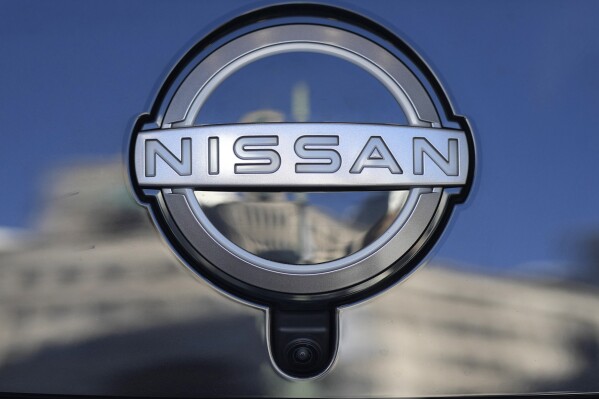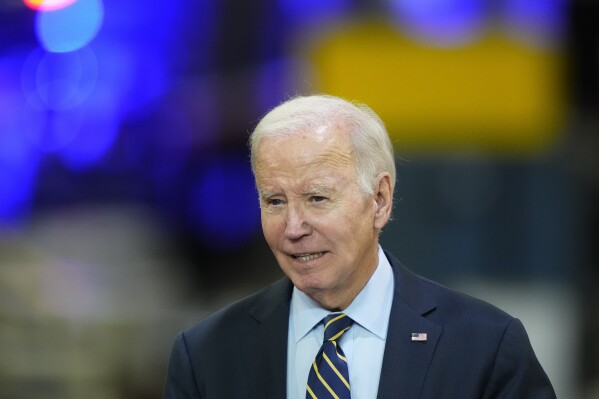Apple hits setback in dispute with European Union over tax case
LONDON (AP) — Apple might end up on the hook after all for billions of euros in back taxes to Ireland in the latest twist in a longrunning European Union dispute, following a legal opinion Thursday from an adviser to the bloc’s top court.
A decision by a lower court that the U.S. tech giant doesn’t have to repay the 13 billion euros ($13.9 billion) in taxes “should be set aside,” Advocate General Giovanni Pitruzzella said in his opinion to the European Court of Justice.
The case drew outrage from Apple when it was opened in 2016, with CEO Tim Cook calling it “total political crap.” Then-U.S. President Donald Trump referred to European Commissioner Margrethe Vestager, who spearheaded the campaign to root out special tax deals and crack down on big U.S. tech companies, as the “tax lady” who “really hates the U.S.”
In its 2020 ruling, the European Union’s General Court disagreed with the European Commission, the bloc’s executive branch, which had accused Apple of striking an illegal tax deal with Irish authorities so that it could pay extremely low rates.
 A TotalEnergies pipeline project in East Africa is disturbing community graves, watchdog says
A TotalEnergies pipeline project in East Africa is disturbing community graves, watchdog says
 Japanese automaker Nissan’s profits zoom on strong sales, favorable exchange rates
Japanese automaker Nissan’s profits zoom on strong sales, favorable exchange rates
 Biden goes to Illinois auto plant saved by union agreement, a sign his policies are helping workers
Biden goes to Illinois auto plant saved by union agreement, a sign his policies are helping workers
Pitruzzella advised the European Court of Justice that it should “set aside the judgment and refer the case back to the General Court for a new decision on the merits.”
The General Court “committed a series of errors in law” and that it needs to “carry out a new assessment,” he wrote.
The ECJ’s opinions aren’t legally binding, but are often followed by the court. The Court of Justice is expected to come up with its legally binding decision next year.
“We thank the court for its time and ongoing consideration in this case,” Apple said in a prepared statement. “The General Court’s ruling was very clear that Apple received no selective advantage and no State aid, and we believe that should be upheld.”
The European Commission declined to comment. Its tech crackdown has since expanded to include antitrust investigations into Apple’s payment platform and its App store as well as stricter scrutiny under new digital rules aimed at making competition fairer.
Disclaimer: The copyright of this article belongs to the original author. Reposting this article is solely for the purpose of information dissemination and does not constitute any investment advice. If there is any infringement, please contact us immediately. We will make corrections or deletions as necessary. Thank you.







